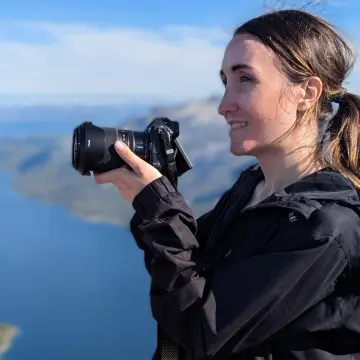Local business
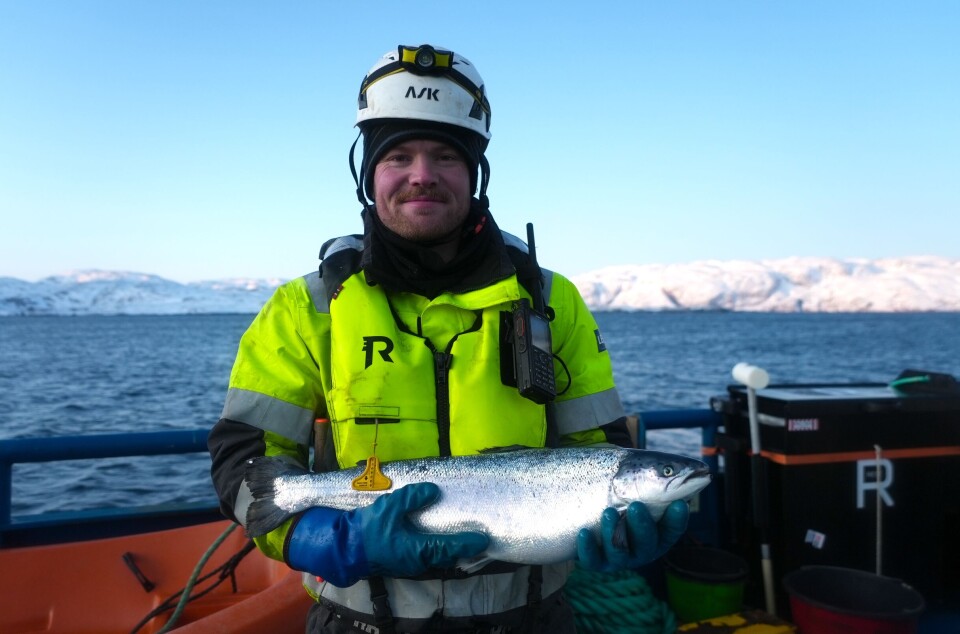
"Arctic waters are perfect for salmon farming"
The fishing industry is particularly important in northern Norway. Here in Finnmark county, it accounts for almost 7 per cent of private sector employment. Atlantic salmon farms are a significant part of it.
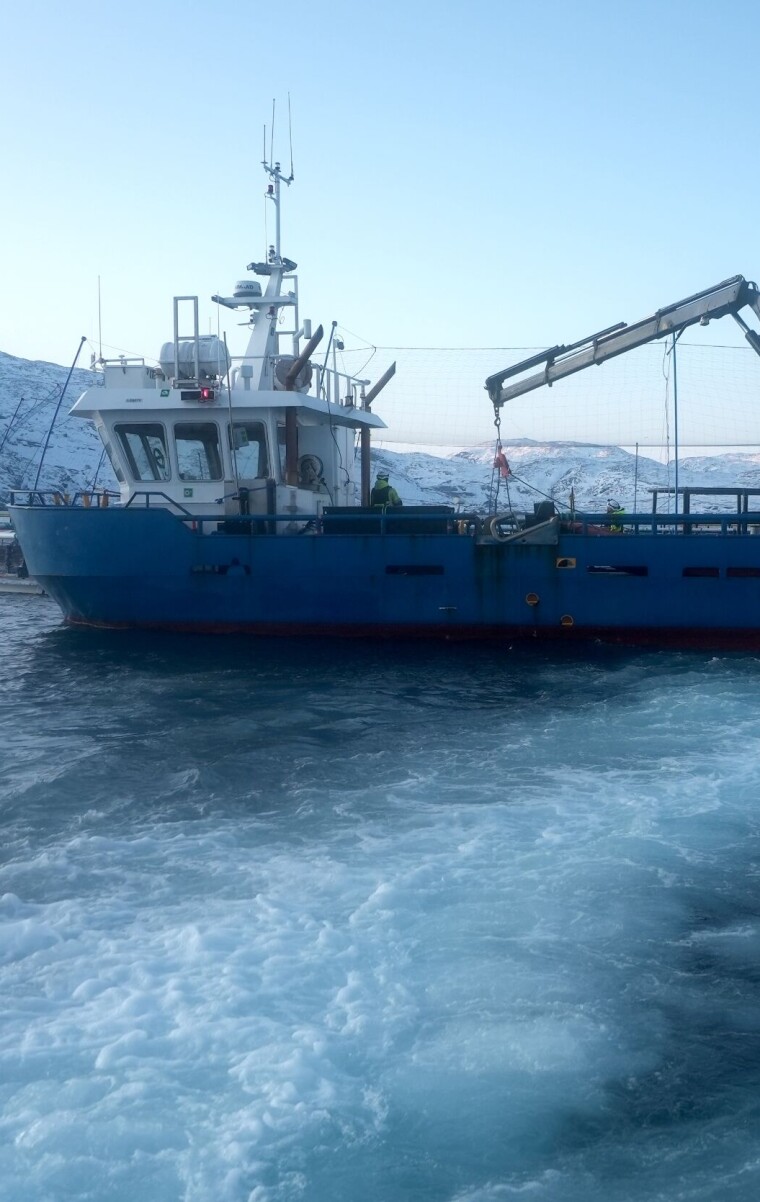
Most of the salmon sold around the world comes from fish farms like this one. The amount of wild salmon in the sea is too small to meet the huge demand.
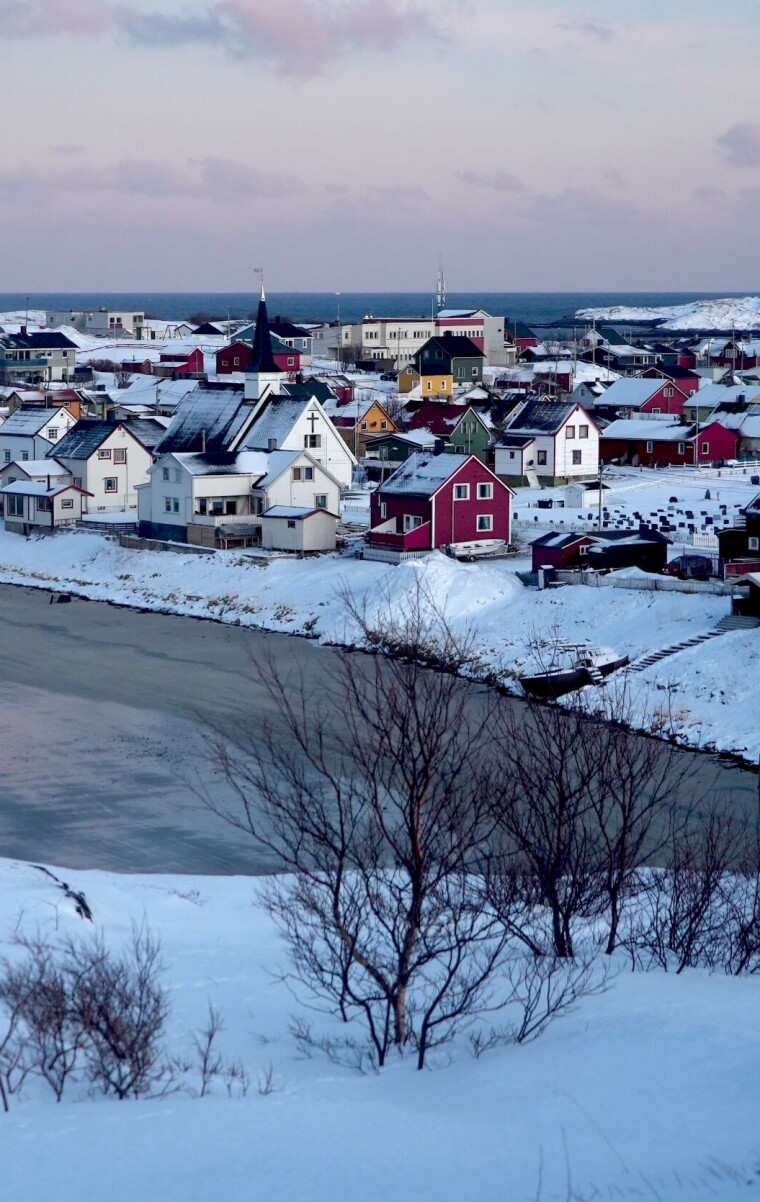
Norwegian fish giant Lerøy owns a farm located near the fishing village of Bugøynes.
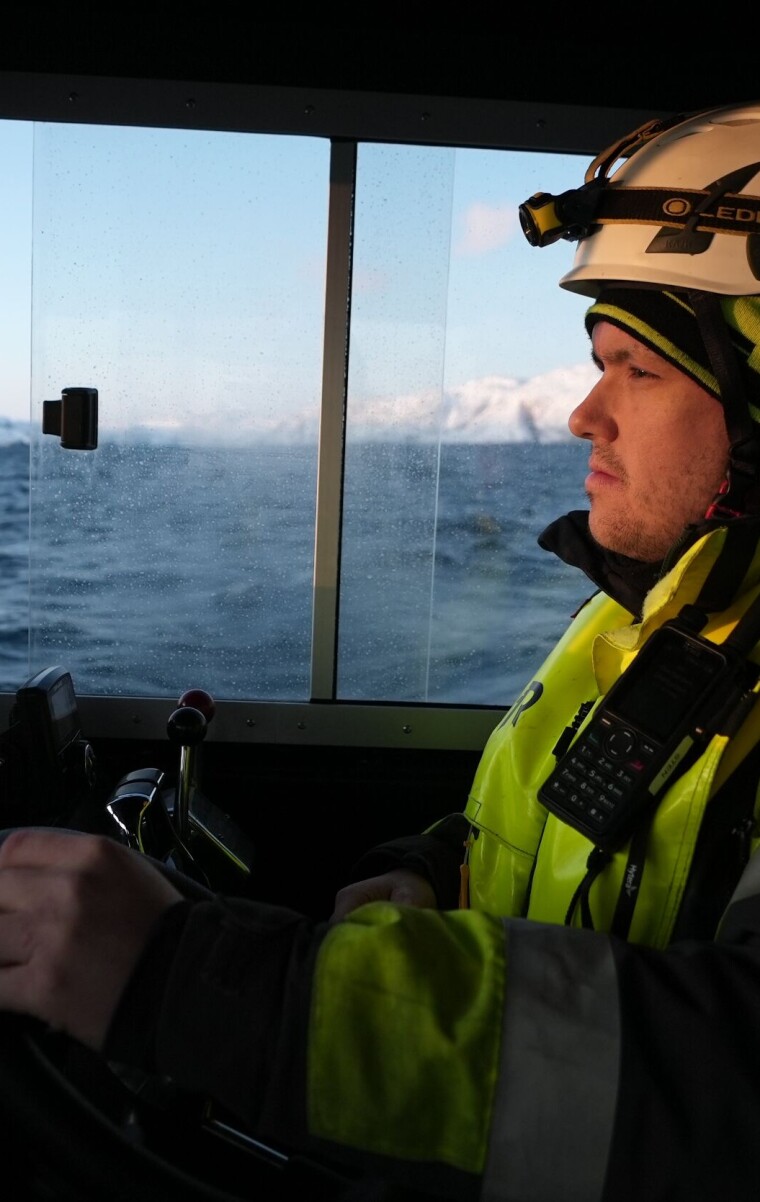
The site manager Sten Vonka Danielsen takes a 10-minute boat trip every day to inspect the farm.
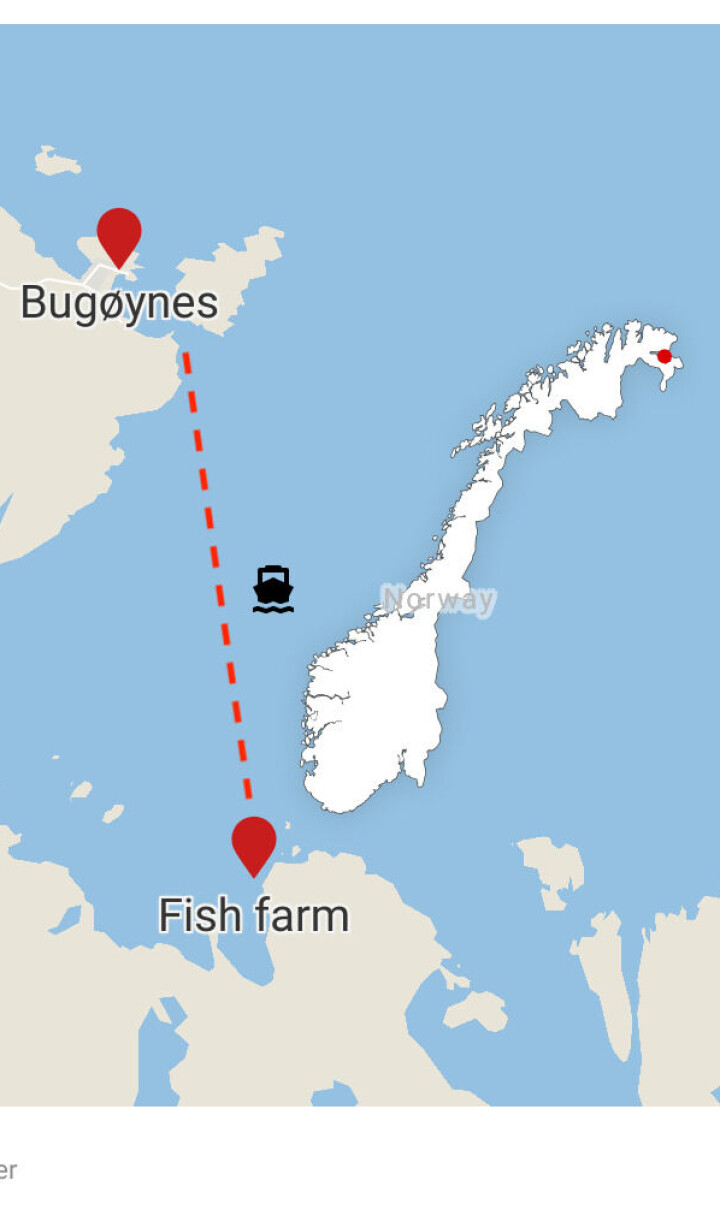
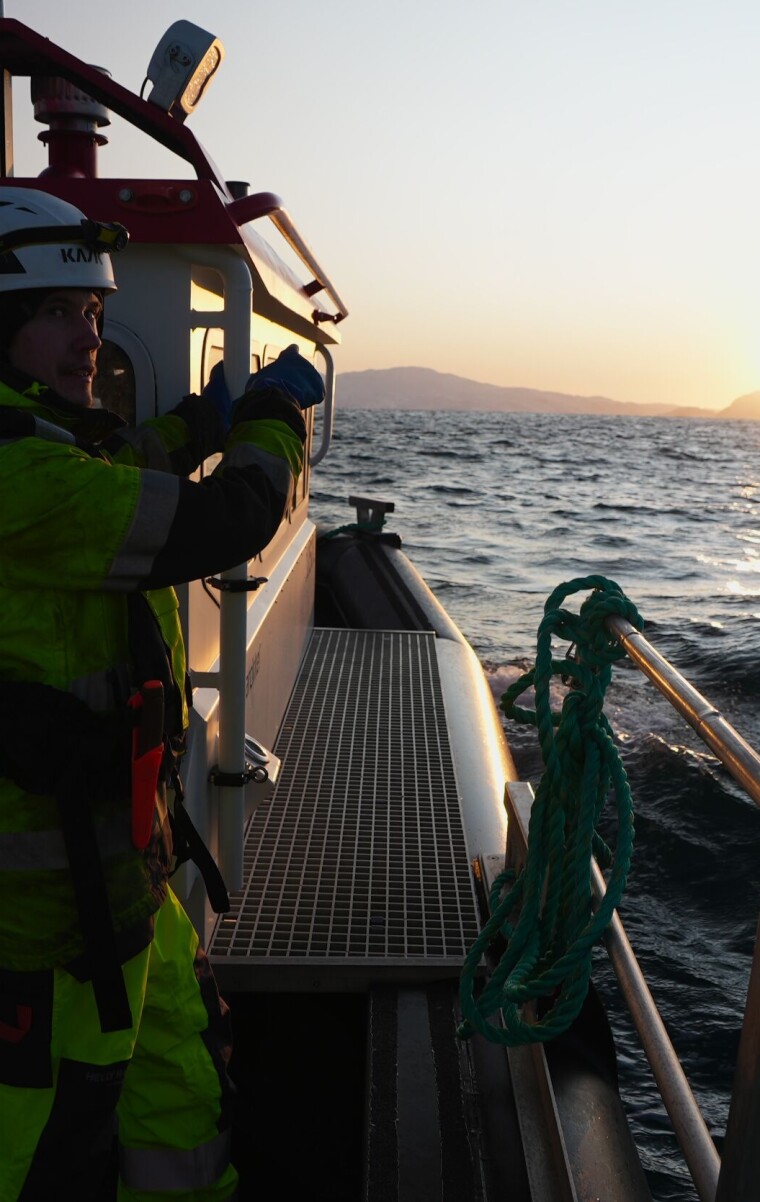
His team is on the way to monitor water temperature, oxygen levels, fish length and fish weight at the farm.
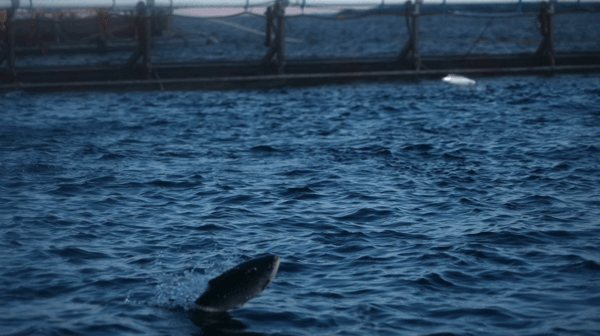
As we arrive, the fish keep jumping around in the confined space of the cages.
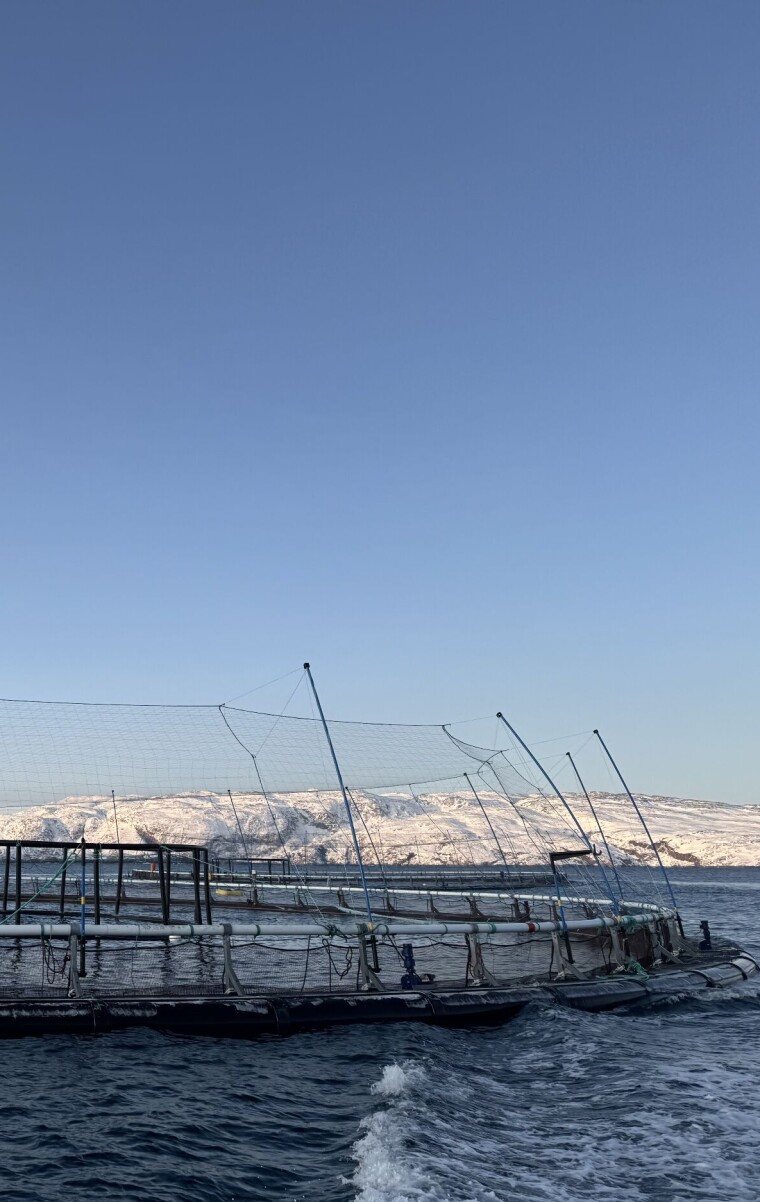
The farm has 4 round cages like this one, each containing around 120,000 fish.
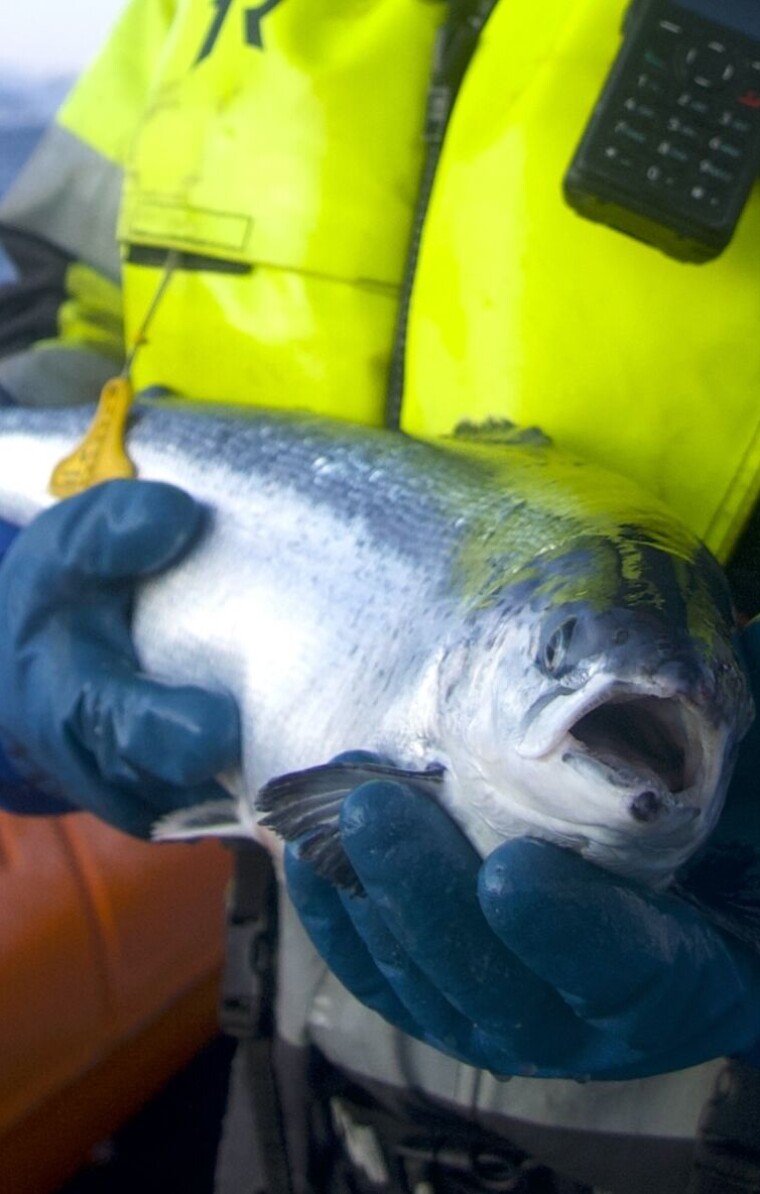
"The fish here now weigh about 2 kilos each. Our goal is to feed them up to 5.5 kilos," says Sten Vonka Danielsen, Lerøy site manager.
The fish will reach the planned weight in the summer of 2025 and will be sold to local fishermen.
The price per kilo of the salmon differs between 70 and 100 Norwegian kroner (€6-9).

Farm worker Kristine Kverneland on a mission to pick up dead fish from the cage.
"In any biological population and in a biological production, a certain proportion of individuals will drop out. In Arctic Varanger, we have had a lower mortality rate among our fish in recent years than any livestock production in the whole world," Sten Vonka Danielsen tells the Barens Observer.
Heart attacks are one of the most common causes of fish deaths, experts tell the Barents Observer.
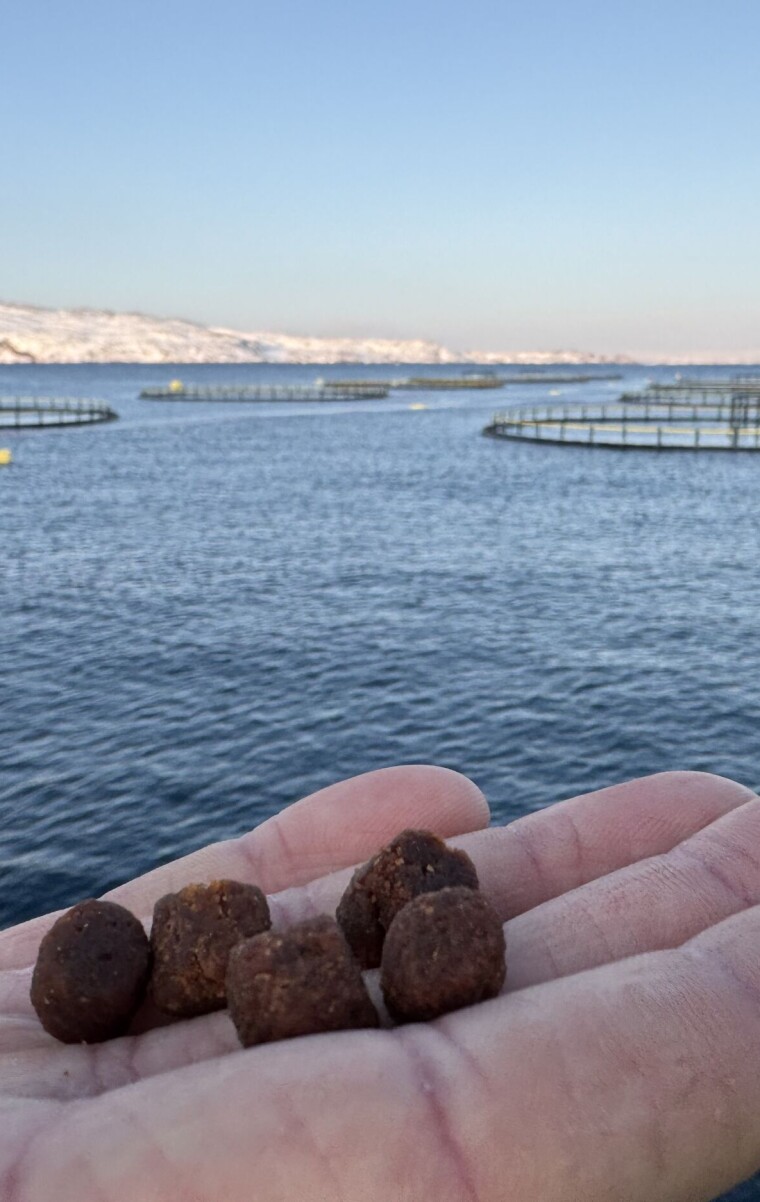
Feeding the salmon is the main task on the farm. The fish are fed with special dry food.
"Farmed salmon eat dry feed in the form of pellets. Around 30 per cent comes from marine raw materials such as fishmeal and fish oil, while 70 per cent of the feed consists of vegetable ingredients," Sten Vonka Danielsen told the Barents Observer.
With the introduction of vaccination in recent years, Norwegian farmers have eliminated the use of antibiotics in food, Norwegian seafood council reported.
Fish farms are often blamed for contributing to the spread of sea lice - parasite that live on Pacific and Atlantic salmon. While the presence of this parasite is normal, the overcrowded cages of fish farms make it easier for the sea lice to spread.
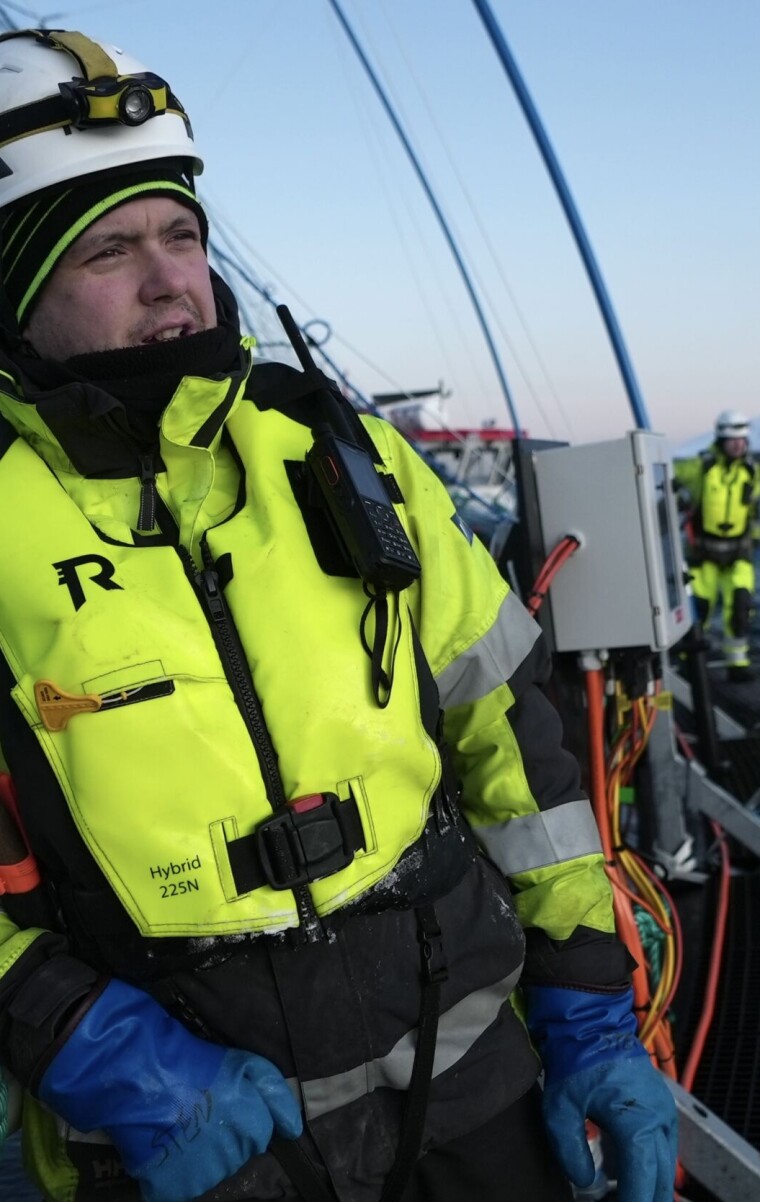
"Arctic creates perfect conditions for fish farming. Here sea lice are not a big problem because the Arctic water is colder than in the south. Sea lice develop slow and don't spread here. Though we are prepared and if it appears we will use a laser technology against it," Sten Vonka Danielsen, Lerøy
But global warming could create a challenge in the future.
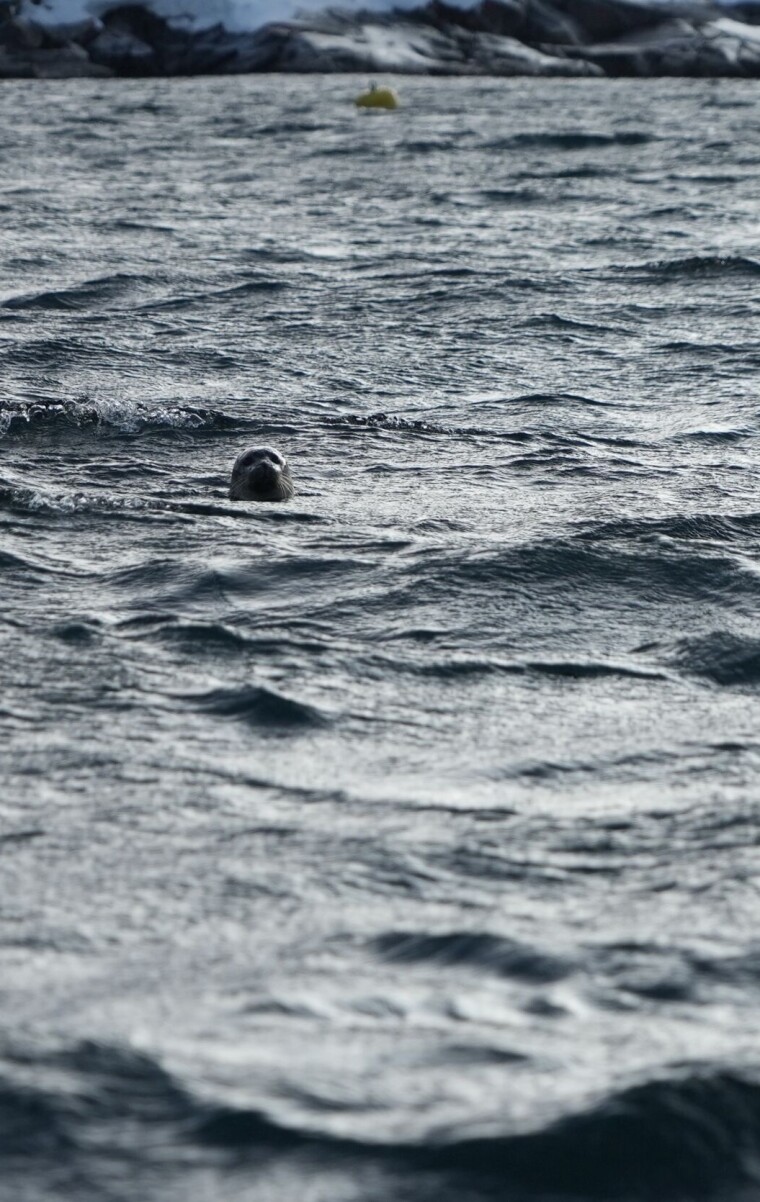
Norwegian coastal waters are getting warmer.
Data collected over the past 90 years shows that temperatures are up to 2°C.
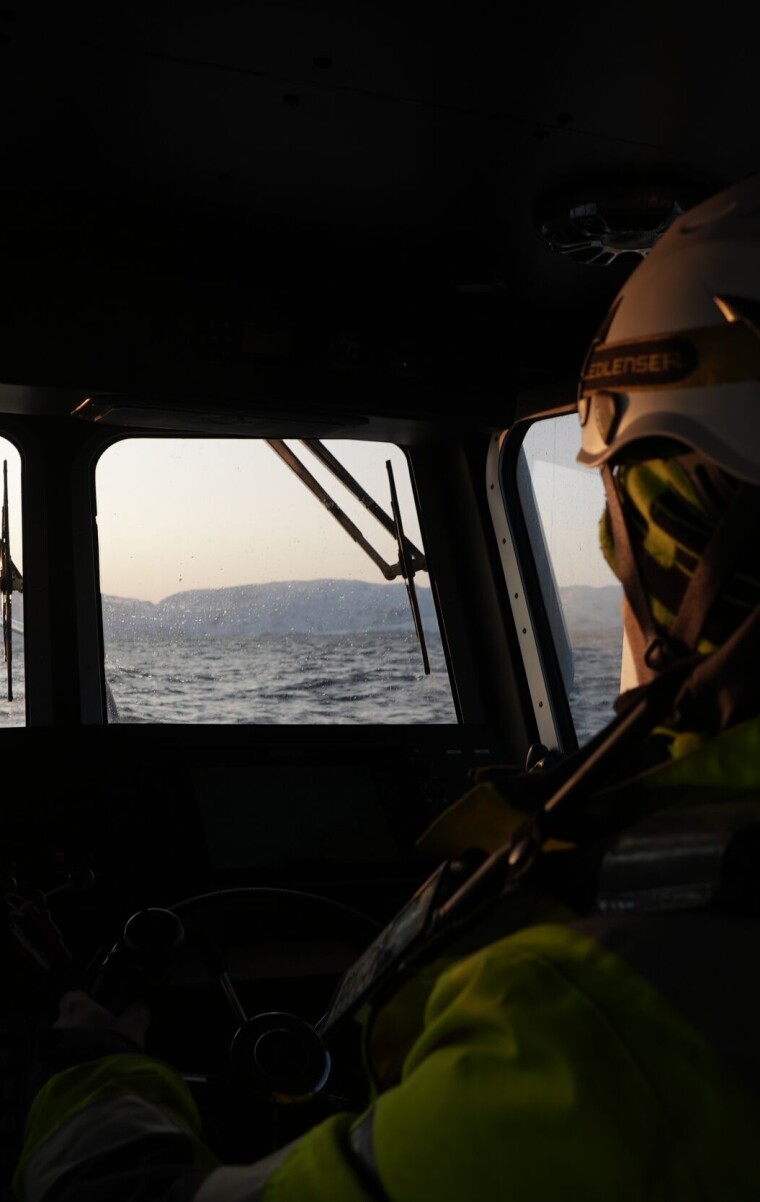
“The best thing for me to do is to drive a boat, work outside and produce the best salmon. So this is my dream job. It is physical, but also you work with computers, new technology, learn biology. I have been working at a fish farm since I was 16. I’m now 32”, Sten Vonka Danielsen.
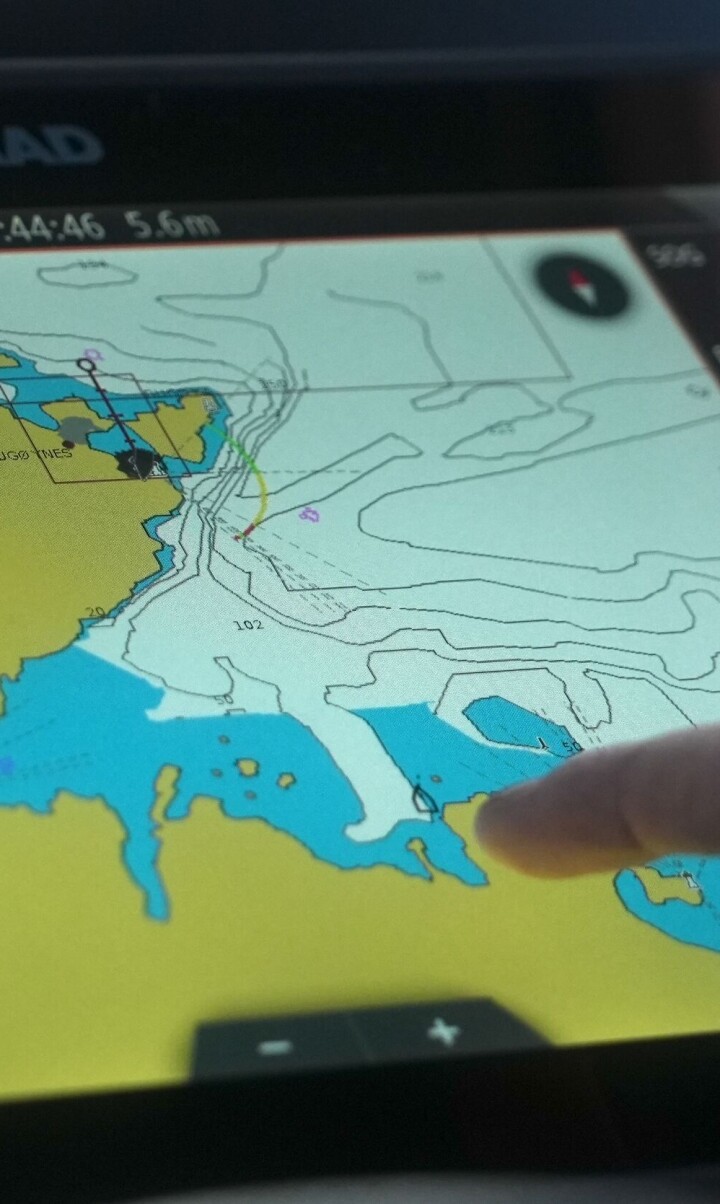
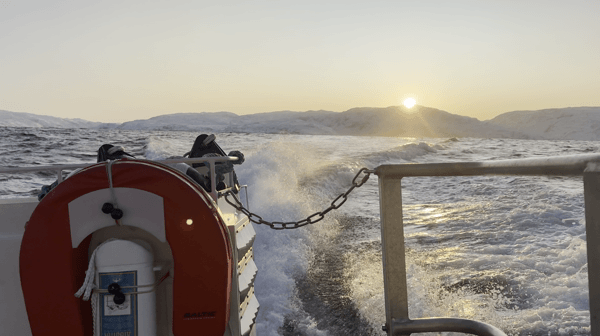
Photos: Elizaveta Vereykina

